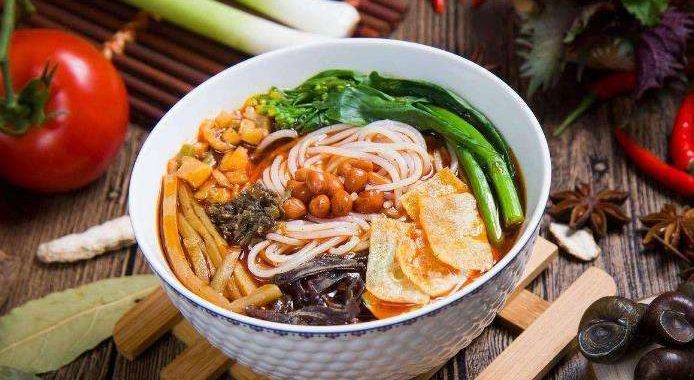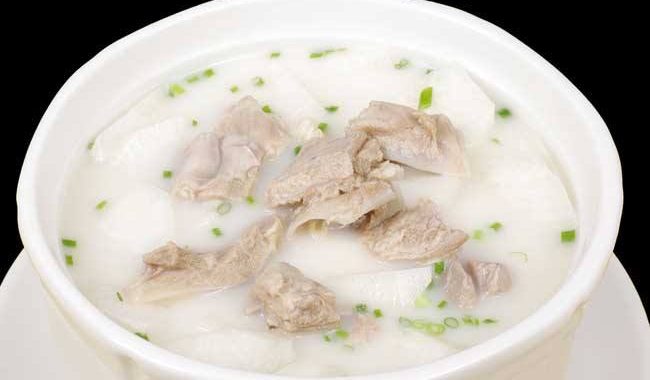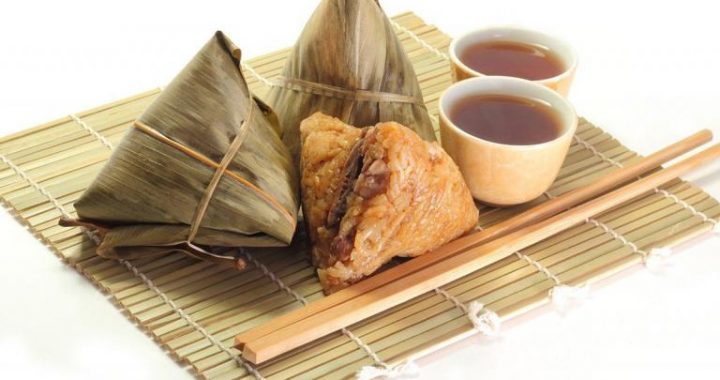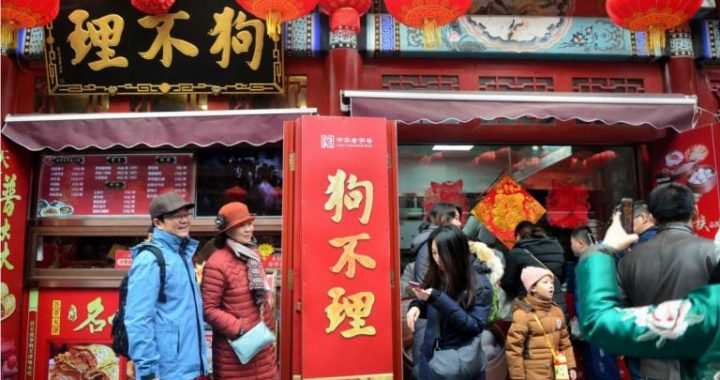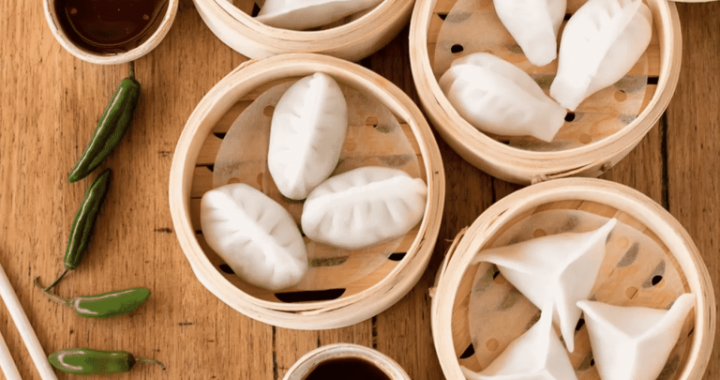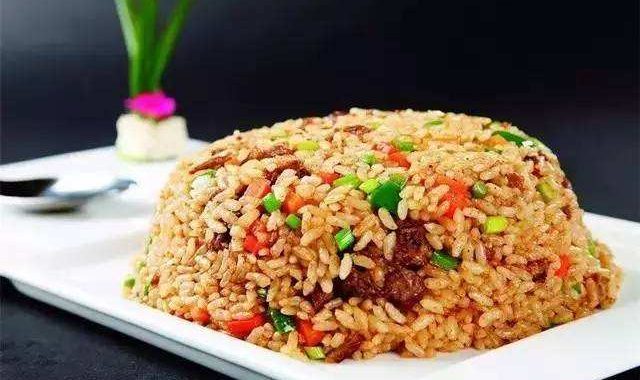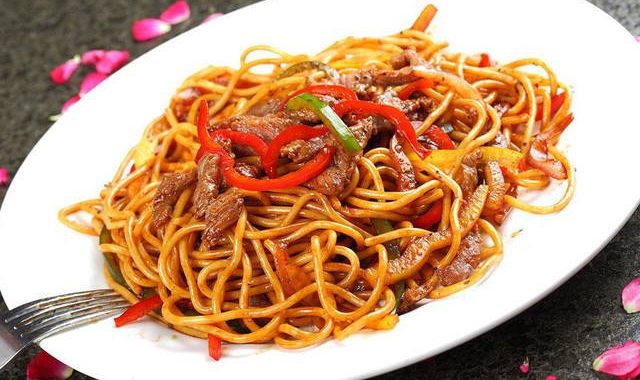MEAT AND POULTRY
2 min readChinese people consume little meat, although tourists to China often come away with a very different impression. Tourist meals are about 50 percent meat. The reason for this is simple: Chinese hospitality. Chinese people are aware of Westerners’ partiality to meat and will thus provide plenty of it to “foreign friends.” We ourselves eat meat perhaps once a week; when we do it is with therapeutic or nutritional intent. The life of animals is respected both by Buddhists and Taoists.

Furthermore, animal qi is considered by some to be bad for humans, and for that reason rituals exist for the slaying of animals. Because misfortune is said to come to one who kills an animal, only old people whose life force is ebbing anyway are supposed to practice butchery. Young people should not even be present when an animal is killed. If a young person must kill an animal, he must bite hard on the blade of the killing knife before using it on the beast. A disculpatory jingle is recited to the animal before it is killed: “Bu yuan ni, bu yuan wo, guan yuan ni zhu jia mai gei wo.” No blame on you, no blame on me, just blame your master for selling you to me.”
Afterward the blood is collected, steamed, andeaten by the butcher as an act of penitence. Another taboo is that one should never eat an animal that has not been killed after the first attempt. If the first cut missed or only injured the animal, it is said to mean that the gods are protecting it, and it should, if still possible, be allowed to live. If the injury is too great, it should be killed with a second stroke but not eaten.

